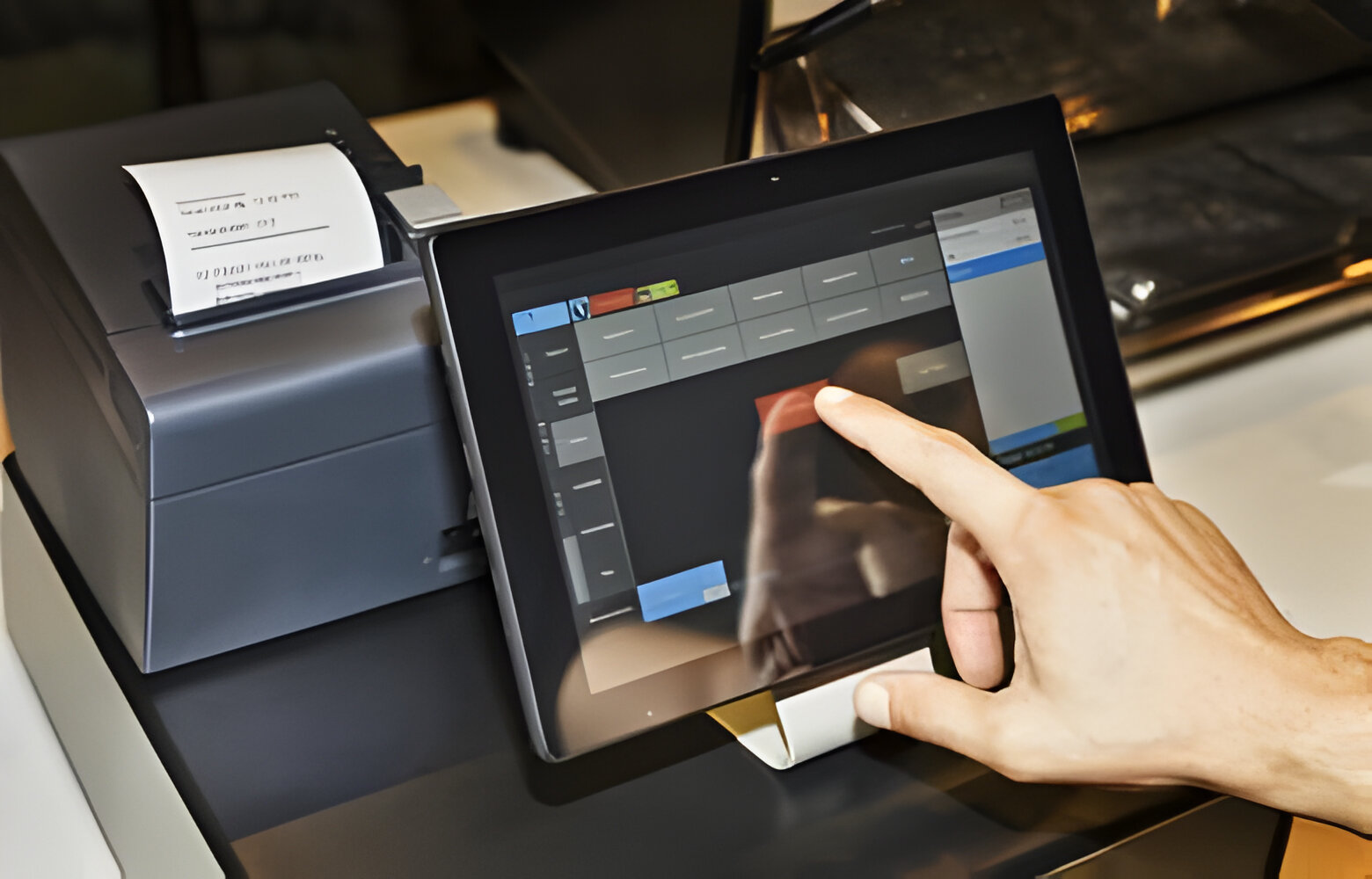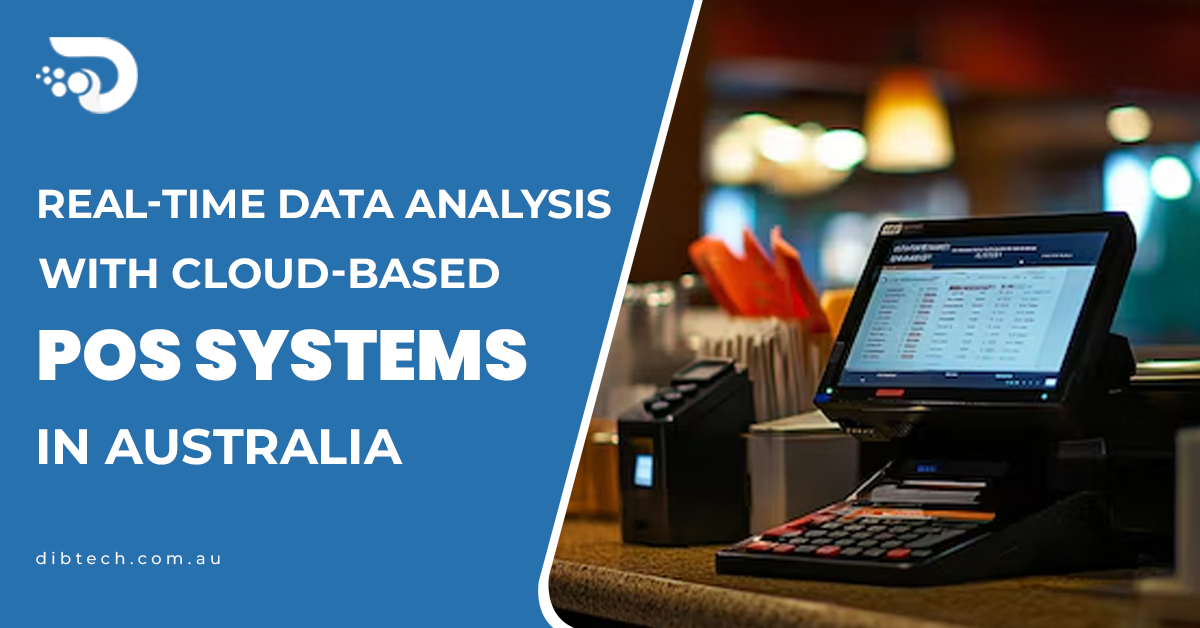The Legal Aspects of Using POS Systems for Transactions

Point-of-Sale (POS) systems are integral to modern business operations, streamlining transactions and providing valuable data insights. However, businesses must consider the legal aspects of using these systems to ensure compliance with relevant laws and regulations. Ignoring these aspects can lead to financial penalties, loss of customer trust, and potential legal actions. This blog explores the key legal considerations businesses should address when implementing and using POS systems for transactions.
1. Data Protection and Privacy Laws
One of the most critical legal aspects of using POS systems is compliance with data protection and privacy laws. POS systems often handle sensitive customer information, such as credit card details, personal identification data, and purchase histories. To ensure compliance:
- Understand Applicable Laws: Familiarize yourself with laws like the General Data Protection Regulation (GDPR) in the EU, the California Consumer Privacy Act (CCPA) in the U.S., or any local privacy legislation.
- Implement Secure Practices: Ensure the POS system encrypts sensitive data during storage and transmission. Use technologies such as tokenization to minimize risks.
- Obtain Consent: Clearly inform customers about how their data will be used and obtain consent where required.
- Update Privacy Policies: Include details about POS data handling in your privacy policy.
2. Payment Card Industry Data Security Standards (PCI DSS)
Businesses using POS systems to accept card payments must comply with PCI DSS to protect cardholder data. Compliance involves:
- Secure Network Configurations: Ensure firewalls and encryption protocols are in place to protect cardholder data.
- Access Control: Limit access to POS systems and sensitive data to authorized personnel only.
- Regular Audits: Conduct periodic vulnerability scans and security assessments.
- Vendor Compliance: If using a third-party POS provider, ensure they are PCI-compliant and follow best practices.
Non-compliance can result in hefty fines, increased transaction fees, and potential suspension of payment processing privileges.
3. Tax Compliance
POS systems must adhere to local tax laws, including accurately calculating and reporting taxes. Key considerations include:
- Tax Configuration: Ensure the POS system is configured to apply the correct tax rates for each jurisdiction where you operate.
- Record-Keeping: POS systems must maintain detailed transaction records, including tax breakdowns, for audits and reporting.
- E-Invoicing Compliance: In regions with e-invoicing mandates, ensure your POS system supports compliant invoice generation.
4. Consumer Protection Laws
Consumer protection laws vary by jurisdiction but generally aim to ensure fair practices and transparency in transactions. When using POS systems:
- Provide Accurate Receipts: Ensure receipts include essential details such as itemized purchases, taxes, total cost, and the merchant’s information.
- Refund and Return Policies: Clearly display and communicate refund or return policies to customers at the point of sale.
- Avoid False Advertising: The POS system should reflect accurate pricing to prevent claims of deceptive practices.
5. Accessibility Compliance
POS systems must be accessible to all customers, including those with disabilities. Accessibility laws like the Americans with Disabilities Act (ADA) in the U.S. mandate that businesses provide reasonable accommodations, such as:
- Accessible Devices: Use POS terminals with tactile keys, audio jacks, or other accessibility features.
- Compliance Testing: Regularly test your POS system for compliance with accessibility standards.
6. Employee and User Policies
Employees using POS systems must adhere to company policies and relevant employment laws. To ensure compliance:
- Training: Provide training on proper POS usage, including handling sensitive data and maintaining system security.
- Monitoring: Monitor POS transactions to detect and address fraudulent activities by employees or third parties.
- Record Privacy: Protect employees’ privacy by restricting access to transaction logs and data.
7. Third-Party Vendor Agreements
If your POS system is provided by a third-party vendor, carefully review the service agreement. Key considerations include:
- Data Ownership: Specify who owns the data collected through the POS system.
- Service Level Agreements (SLAs): Define uptime, support, and maintenance expectations.
- Liability Clauses: Clarify responsibilities in the event of data breaches or system failures.
8. Evolving Legal Requirements
Legal requirements surrounding POS systems and electronic transactions are constantly evolving. Businesses must:
- Stay Updated: Monitor changes in relevant laws and regulations.
- Adapt Systems: Update POS software and policies to meet new legal requirements.
- Seek Legal Advice: Consult with legal professionals to ensure ongoing compliance.
Conclusion
While POS systems offer immense benefits to businesses, navigating the legal landscape is essential to their successful implementation. By addressing data protection, payment security, tax compliance, and other legal aspects, businesses can mitigate risks and build trust with customers. Staying informed about evolving regulations and adopting best practices ensures that your POS system remains a valuable and compliant tool for your operations.






